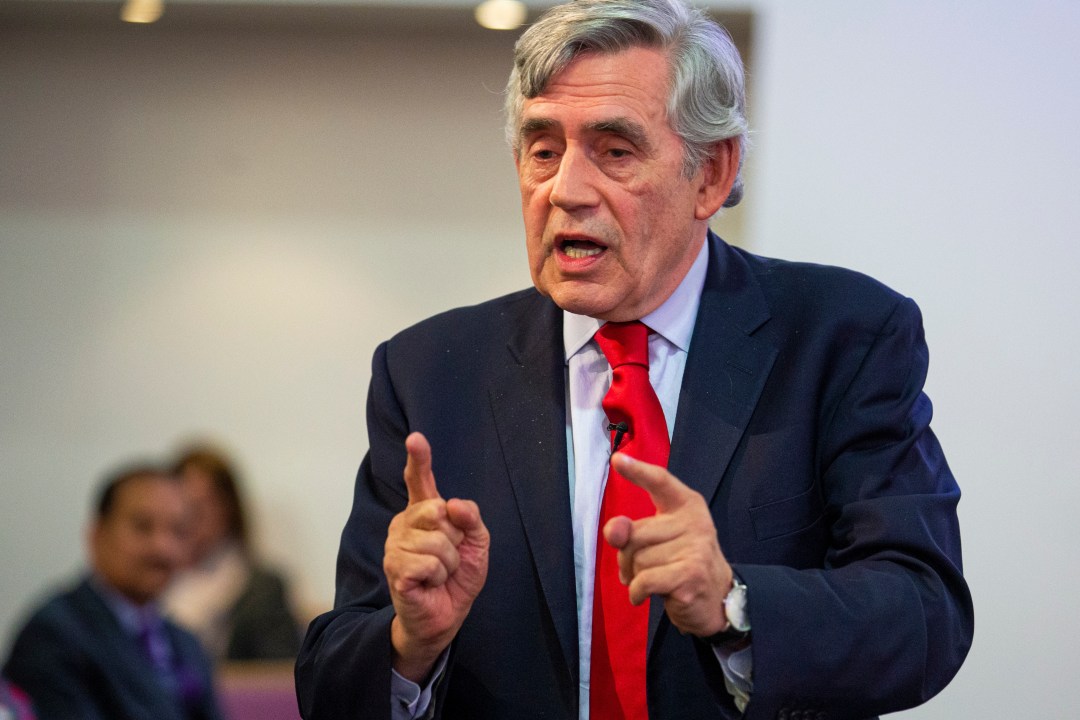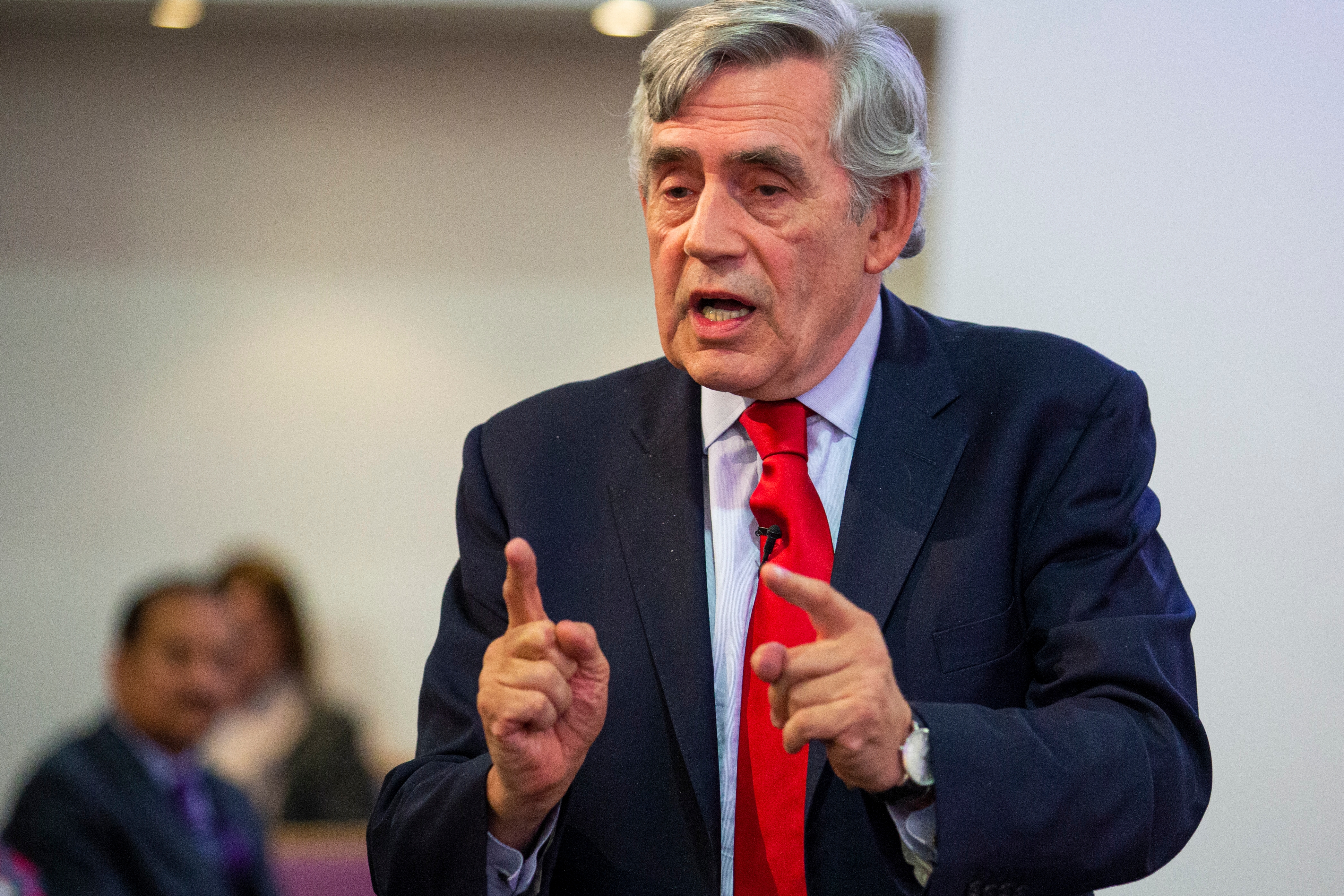Labour has been trying to make political capital out of Russian-linked donations to the Tory party. Sir Keir Starmer might play the cross-party card in the House but not all on his benches share that sense of magnanimity. Liam Byrne enjoyed taking a pop at Boris Johnson’s socialising with oligarchs yesterday while Rachel Reeves and David Lammy previously called for the Conservatives to return nearly two million pounds of donations made since Johnson took office in 2019.
Labour’s basis for this demand is that the donors ‘made money from Russia or have alleged links to the Putin regime’: quite the conflation between actual Kremlin cronies and those who have simply worked and made money there. Some of course, will have chosen to leave their homeland for political or economic reasons: all of these are either individuals registered on the UK’s electoral roll or UK registered companies. No shame though on Reeves and Lammy for smelling an opportunity in opposition.
But Mr S has discovered that the office run by former Prime Minister Gordon Brown was paid more than £100,000 ten years ago by a Russian bank that was sanctioned yesterday. The ex-Labour leader declared receiving £124,494 for a speech he gave to Sberbank and another corporate giant, Troika Diolog in February 2012. Sberbank, which is the largest financial institution in Russia, was yesterday sanctioned by the US Treasury department, as part of its punitive actions towards 13 Russian financial institutions to ‘impair’ the Kremlin and Russia’s economy in the wake of its invasion of Ukraine.
Despite the significant fee, Brown’s speech lasted only 4 hours, equating to £500 per minute or £8 a second. Sberbank also paid an additional £4,018 for Brown and his staff’s flights and accommodation in the Russian capital. According to the US Treasury department, the bank holds the largest market share of savings deposits within Russia and is the principal creditor of the country’s economy. In 2018, the US Treasury identified Sberbank’s head, Herman Gref, as ‘close’ to President Putin. Boris Johnson is yet to add the bank to the UK’s list of sanctioned institutions and individuals, though it could be included in subsequent British measures.
With regards to the fee he received, Brown wrote at the time that he was ‘not receiving any money from this engagement personally’ and that it was ‘being held by the Office of Gordon and Sarah Brown for the employment of staff to support [his] ongoing involvement in public life.’ At that time, Brown was already being paid a salary of £65,738 as the MP for the Kirkaldy and Cowdenbeath. The former PM has subsequently spoken out consistently against Putin’s regime over recent years. Brown’s office did not initially respond to a request for comment.
The Office of Gordon and Sarah Brown was established to support Gordon and Sarah in their work and to facilitate their ongoing involvement in public life. This includes their charitable and pro bono work. The costs of the Office are paid from income received by the Office for consulting and paid speaking engagements undertaken by Gordon. Alongside paid speaking engagements Gordon and Sarah give regular pro bono speeches to universities, charities and other organisations.
A previous version of this piece referred to ‘Brown’s Russian riches’ and ‘Brown’s Russian rubles’. We are happy to make it clear that Gordon Brown never personally benefited from the engagements or speeches referred to in this piece.








Comments